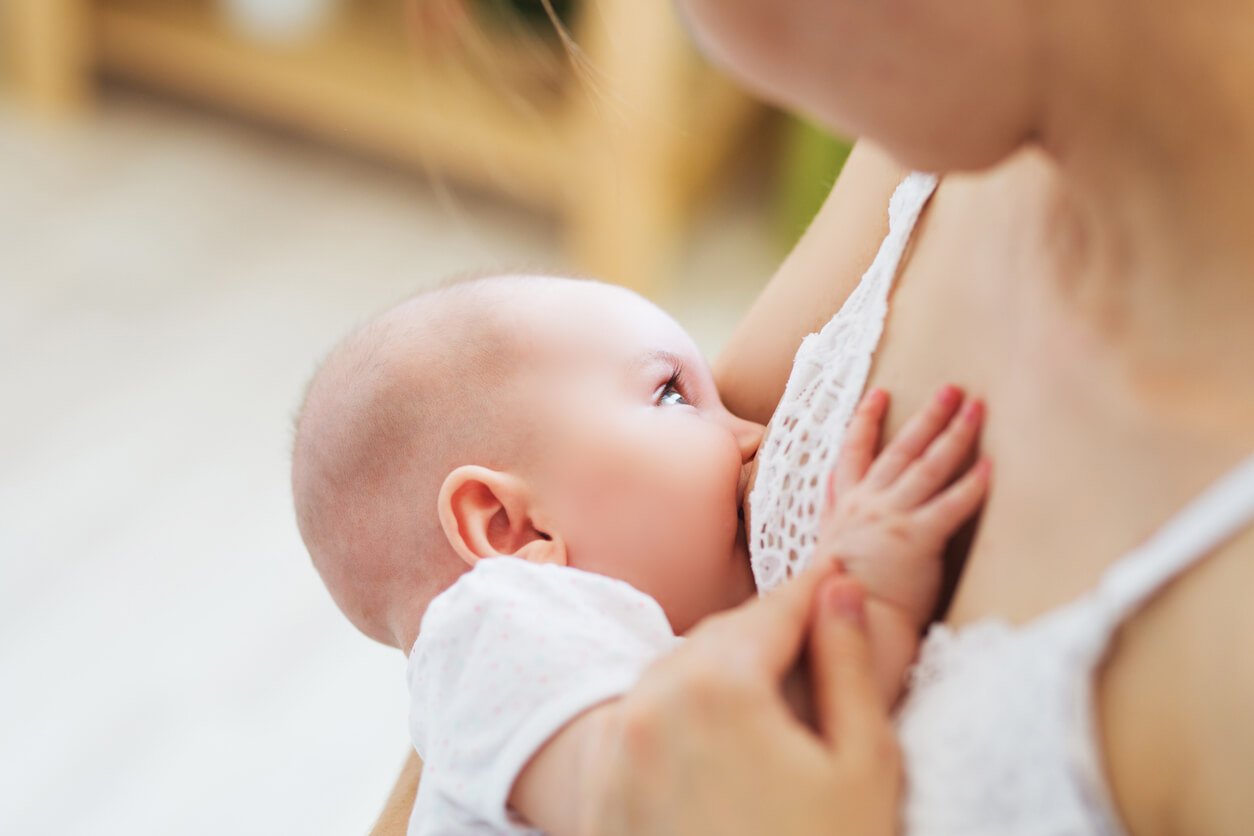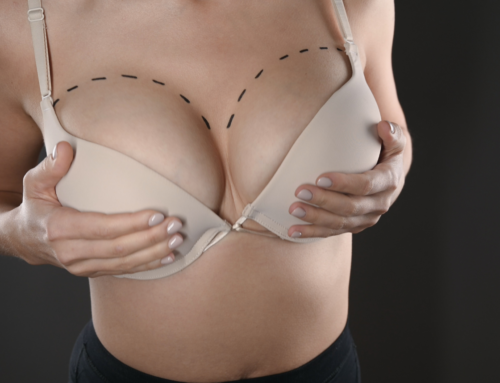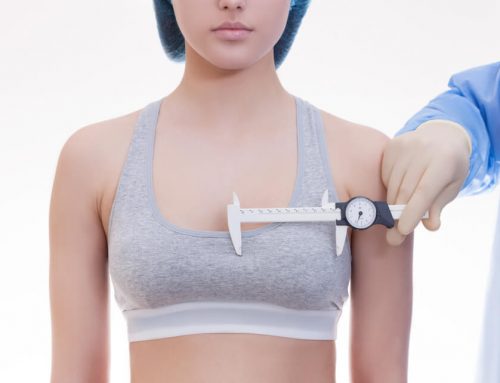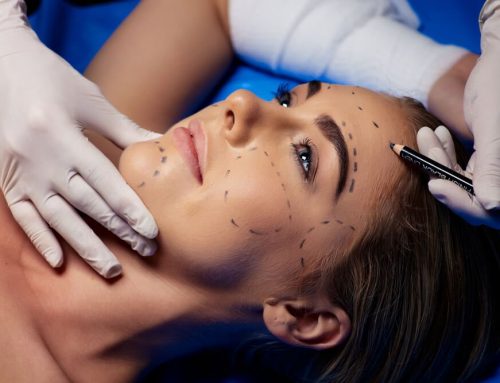As more women delay childbirth, we’re seeing more pregnant moms who have had breast implants. Many have asked if breastfeeding with breast implants is possible. For many women, the answer is yes.
When Can You Breastfeed With Implants?
Women whose incisions were under the breasts and whose implants are under the muscles are most likely to be able to successfully breastfeed. This is because incision and implant locations are away from milk ducts and nerves associated with milk production.
Women have breast augmentation in AZ for many different reasons including a desire for larger or better-shaped breasts, to correct abnormalities, and to regain shape after a mastectomy. These reasons influence where incisions can be made for implants and where they will rest. Incisions and implant placement can affect milk ducts and nerves functions associated with producing milk.
Cosmetic surgeons prefer to make implant incisions under the breast to preserve nerve functions and milk ducts. Women whose surgeries were done this way can often produce milk and breastfeed, especially if they have regained nipple sensation, which stimulates milk production. But it can take a couple of years for nipple sensation to return after implant surgery.
In addition, women who have implants because their breasts did not fully develop may not have developed sufficient glandular tissue needed to make milk. This may also be the case for women who had surgery to correct asymmetrical breasts or tubular breast.

Steps to Breastfeed with Implants
Knowledge is power! If you are pregnant and concerned about the impact of implants on breastfeeding, consult with a lactation specialist. Your pediatrician will have a list of local ones.
Many mothers who have had implants will be able to produce breast milk but possibly not enough. Lactation experts can advise on techniques to get the milk flowing, including understanding nipple shape and how it influences a newborns’ ability to latch, and breast massage, which can relieve pain from expanding tissue and prepare your breasts for milk production.
Regular nursing once a baby is born will stimulate regular milk production and possibly more of it. Breast pumping can help as well.
Most of all, take good care of yourself throughout your pregnancy and after the baby is born.
- Stay hydrated during pregnancy and while breastfeeding. Water is the best.
- Breastfeeding mothers need about 500 extra calories per day.
- Foods like oatmeal, yogurt, eggs, and many vegetables contain calcium, iron, and folic acid that add protein to the diet and may help increase milk production.
- Let the baby feed from one breast until it’s empty. This sends a message to your brain to tell the breasts to start producing milk again.
- Breastfeeding newborns on demand seems to help many women keep a milk supply.
Reach out to us if you’re considering implant surgery and have questions about breastfeeding.






